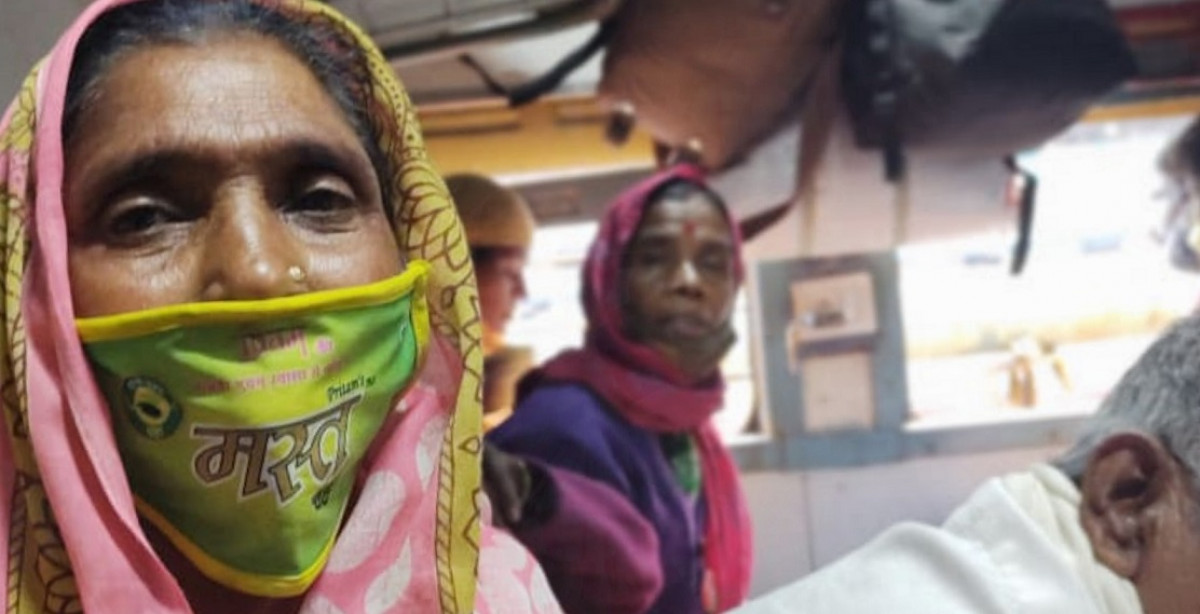India
YouTube apologises for promoting prenatal sex determination product
YouTube has also blocked the said content.

Video streaming platform YouTube had to apologise after it was brought to its notice that the platform was used to promote a device that could determine the sex of the foetus. YouTube has also blocked the said content.
On December 31st, 2020, Adv. Varsha Deshpande, a PCPNDT activist and the founder of Lek Ladaki Abhiyan and Rizwan Parvez, programme officer of Girls Count New Delhi, filed a legal notice under section 28(1) b of the PCPNDT Act, 1994 to video streaming platform ‘YouTube’. It bans prenatal sex determination in the country. The case was filed after coming across four videos on YouTube which violated Section 22 (1) and (2) of the PCPNDT Act, 1994. A copy of the notice was also sent to the Union Ministry of Health and Family Welfare. The PCPNDT or the Pre-Conception and Pre-Natal Diagnostic Techniques Act, 1994, is an Act enacted to stop female foeticides in India. The violation of the PCPNDT Act is a punishable offence as per Section 23 (1).
Talking about the notice, Adv. Varsha Deshpande said, “Every multinational company has to do their business within the framework of Indian Constitution. YouTube was not found to be doing so, hence we (along with Sabu George) have filed a writ petition in the Supreme Court against Google and Yahoo, and the court was pleased to give a judgement and direction to the companies to do their business as per PCPNDT Act and Indian Constitution.”
Deshpande added, “Even after this judgement, we came across several links on Youtube which were adverting one of the devices which was offering sex determination and selection of the foetus which is a clear violation of Indian Constitution, PCPNDT Act, 1988, and it’s also a grave contempt of the Supreme Court. Youtube has accepted and acted on the notice that we sent. The creator of the advertisement has violated the PCPNDT Act which is a cognizable offence which is also non-bailable and non-compoundable. It is the state’s responsibility against the offenders as soon as possible.”
YouTube, in response to this notice, has blocked the view of three of the videos from the country domain, but it didn’t restrict the URL of one video at issue.





